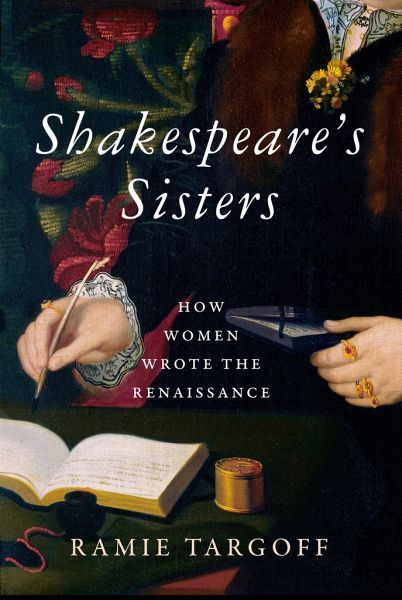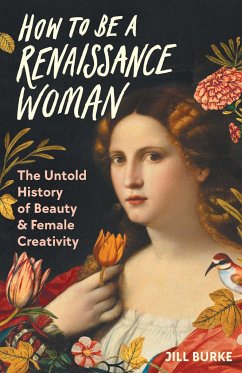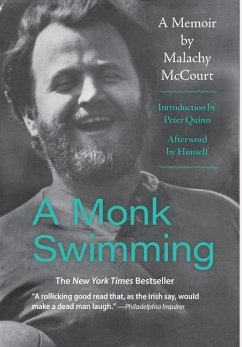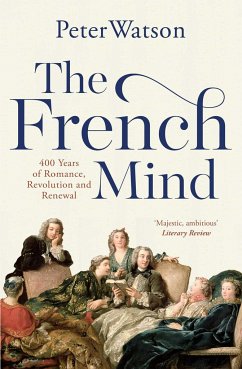
Shakespeare's Sisters
How Women Wrote the Renaissance
Versandkostenfrei!
Versandfertig in über 4 Wochen
24,99 €
inkl. MwSt.
Weitere Ausgaben:

PAYBACK Punkte
12 °P sammeln!
THE NEW YORK TIMES BOOK REVIEW EDITORS' CHOICE • A BOSTON GLOBE BEST BOOK OF THE YEAR • This remarkable work about women writers in the English Renaissance explodes our notion of the Shakespearean period by drawing us into the lives of four women who were committed to their craft long before anyone ever imagined the possibility of “a room of one’s own.” In an innovative and engaging narrative of everyday life in Shakespeare’s England, Ramie Targoff carries us from the sumptuous coronation of Queen Elizabeth in the mid-sixteenth century into the private lives of four women writer...
THE NEW YORK TIMES BOOK REVIEW EDITORS' CHOICE • A BOSTON GLOBE BEST BOOK OF THE YEAR • This remarkable work about women writers in the English Renaissance explodes our notion of the Shakespearean period by drawing us into the lives of four women who were committed to their craft long before anyone ever imagined the possibility of “a room of one’s own.” In an innovative and engaging narrative of everyday life in Shakespeare’s England, Ramie Targoff carries us from the sumptuous coronation of Queen Elizabeth in the mid-sixteenth century into the private lives of four women writers working at a time when women were legally the property of men. Some readers may have heard of Mary Sidney, accomplished poet and sister of the famous Sir Philip Sidney, but few will have heard of Aemilia Lanyer, the first woman in the seventeenth century to publish a book of original poetry, which offered a feminist take on the crucifixion, or Elizabeth Cary, who published the first original play by a woman, about the plight of the Jewish princess Mariam. Then there was Anne Clifford, a lifelong diarist who fought for decades against a patriarchy that tried to rob her of her land in one of England’s most infamous inheritance battles. These women had husbands and children to care for and little support for their art, yet against all odds they defined themselves as writers, finding rooms of their own where doors had been shut for centuries. Targoff flings those doors open, revealing the treasures left by these extraordinary women; in the process, she helps us see the Renaissance in a fresh light, creating a richer understanding of history and offering a much-needed female perspective on life in Shakespeare’s day.













